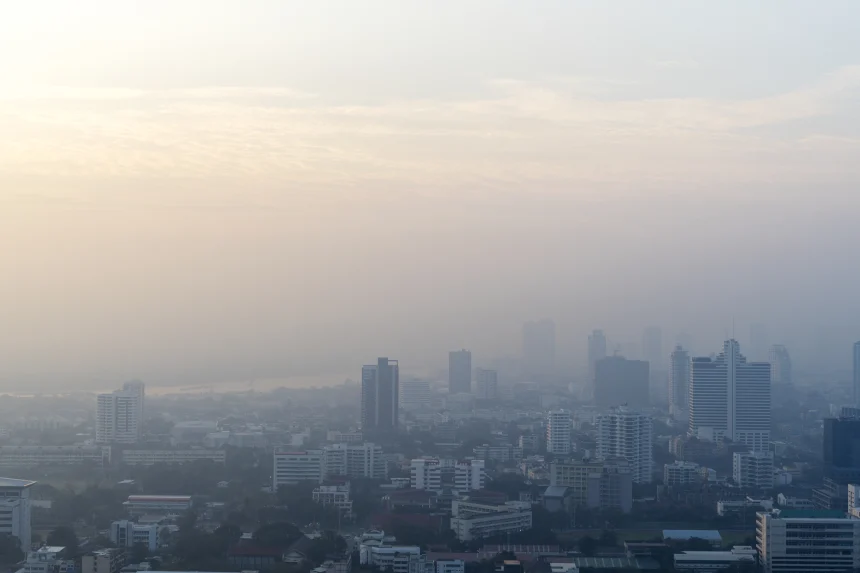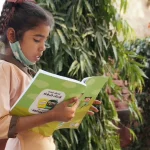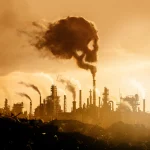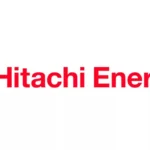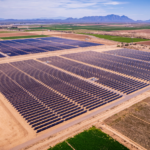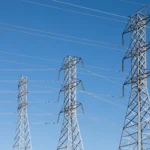Bangkok, one of the world’s most polluted cities, is facing a severe air pollution crisis that has forced the closure of more than 350 schools on Friday, marking the highest number in five years. City authorities have announced several emergency measures, including a ban on crop burning and free public transport for a week, in a bid to tackle the escalating pollution levels.
Unprecedented School Closures
The Bangkok Metropolitan Administration (BMA) confirmed the closure of 352 schools across 31 districts, disrupting the education of thousands of students. On Thursday, over 250 schools were also shut down as the city grappled with worsening air quality. The decision comes amid calls for residents to work from home and restrictions on heavy vehicles entering the city.
The Pollution Problem in Bangkok
Bangkok’s air pollution crisis is part of a larger seasonal phenomenon in Thailand, driven by:
- Crop Stubble Burning: Farmers burn leftover crops, releasing harmful pollutants into the atmosphere.
- Traffic Emissions: The city’s notorious vehicle exhaust fumes add to the toxic air.
- Seasonal Weather Patterns: Cold, stagnant winter air traps pollutants closer to the ground, exacerbating the problem.
On Friday, the level of PM2.5 pollutants – cancer-causing particles small enough to enter the bloodstream – reached 108 micrograms per cubic meter, according to IQAir. This far exceeds the World Health Organization (WHO) guideline of 15 micrograms per cubic meter for daily exposure.
Global Ranking of Pollution
With these hazardous PM2.5 levels, Bangkok has been ranked as the seventh-most polluted major city globally, underscoring the severity of the issue.
Government Response and Emergency Measures
To address the crisis, Bangkok officials have introduced the following measures:
- Free Public Transport: Train and bus services will be free for one week to encourage the use of public transportation and reduce traffic emissions.
- Ban on Crop Burning: Authorities have prohibited the burning of crop stubble in surrounding areas to limit the release of harmful pollutants.
- Traffic Restrictions: Heavy vehicles are being restricted from entering the city to reduce emissions.
Health Concerns and Global Standards
The health implications of such high pollution levels are alarming. PM2.5 particles, which can penetrate the lungs and enter the bloodstream, are linked to serious health issues, including respiratory and cardiovascular diseases. The current levels in Bangkok are more than seven times higher than the WHO’s recommended safe exposure limit, putting millions of residents at risk.
Conclusion
The pollution crisis in Bangkok is a stark reminder of the urgent need for sustainable solutions to combat air pollution. With the closure of schools, bans on burning crops, and free public transport initiatives, city authorities are taking steps to mitigate the immediate effects. However, long-term measures are essential to ensure that Bangkok and other cities in the region can tackle the recurring seasonal pollution and safeguard public health.


